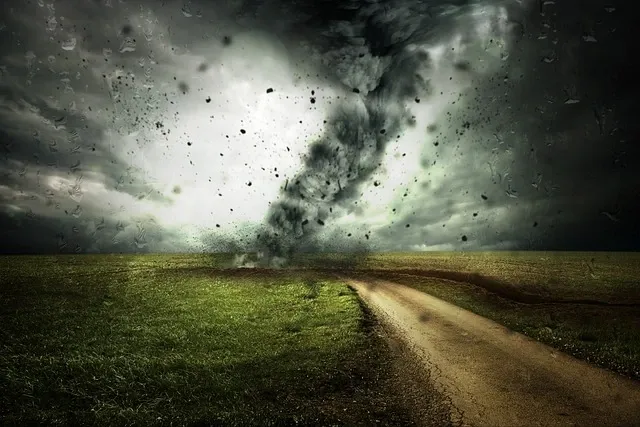A revolution in weather forecasting? GraphCast is an AI model that will provide faster and more accurate predictions.
The field of artificial intelligence is gradually expanding into all fields, so it probably won't surprise you that it is also penetrating the field of climate.
Google's DeepMind platform has presented another new feature. The new technology can predict the weather up to 10 days in advance with unprecedented accuracy in just one minute. GraphCast is not intended to replace classic forecasting methods; it is only intended to expand and improve them. It was trained on four decades of historical records, including satellite records, and uses just two sets of data – the weather state 6 hours ago and the current state.
Until now, weather predictions have relied on the classic HRES (High-Resolution Forecast) method. This approach involves combining complex physical equations and computational power to model the forecast. The original conventional methods took several hours, utilizing hundreds of machines. This is precisely why GraphCast is considered a revolutionary tool.
Using a computer, it can generate a 6-hour forecast, after which the process is repeated up to 10 days in advance. Thanks to its accurate forecasting, it can identify serious weather phenomena in a simpler and more timely way, even before traditional methods. This capability could save more lives in the case of a natural catastrophe.
Combining both methods as an effective approach for the future
In September, Storm Lee swept across Nova Scotia (in Canada), which GraphCast was able to identify 9 days in advance. However, the classical HRES method knew about this only 6 days in advance and more accurately predicted when and where it would occur.
Additionally, it can characterize when temperatures will rise above historic highs for any location on Earth or define atmospheric rivers that indicate rain or flooding. Both GraphCast and HRES have their strengths and weaknesses, and their accuracy can vary depending on the specific event and forecast lead time. Here, we should not compare them; instead, we could combine them for a better future so people can live a life without fearing the climate catastrophes that may happen.
Google is proud to announce that its new GraphCast artificial intelligence is now the world's most accurate 10-day global weather forecast system, capable of predicting extreme weather events further out than previously possible.
The GraphCast relies on the recognition of pre-existing patterns, applied to more than a million geographical points; and again with several variables. It analyzes a meteorological element at a given moment and searches for the event most likely to happen next. An approach that allows it to estimate the weather for the next ten days in a single minute.
However, it is not a question of burying the usual models, at least not immediately. The team of researchers at the heart of the project itself acknowledges the importance of conventional methods—at the very origin of the data used by AI.
Trending News
• OpenAI CEO Sam Altman steps down, Citing lack of transparency
• Apple relents to EU regulations, Sideloading set to arrive on iPhones
• New internet Era begins as China pioneers ultrafast connectivity


.webp)
